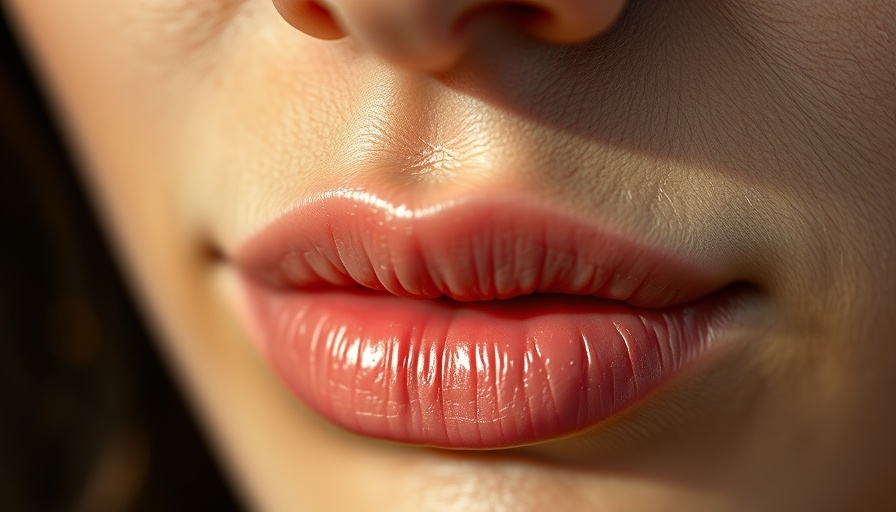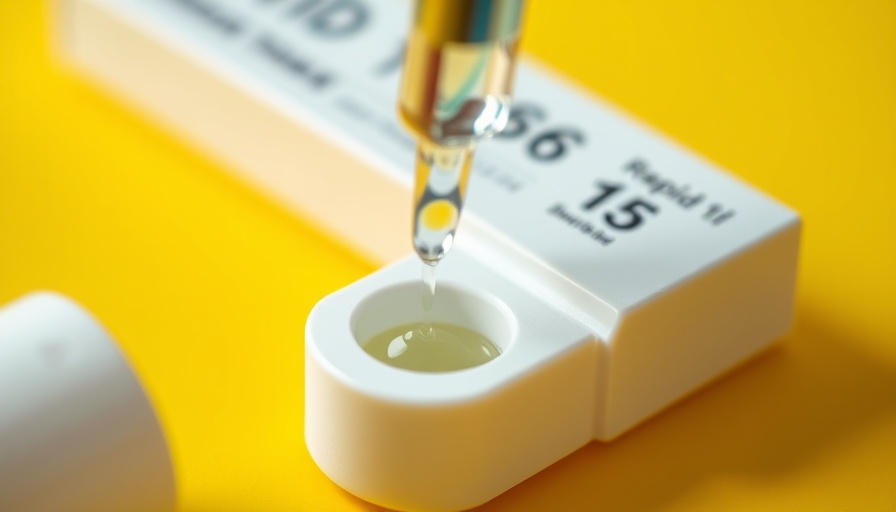
Exploring the Controversial Trend of Mouth Taping
In recent years, an unconventional wellness practice known as mouth taping has gained popularity as a potential aid for better sleep. Enthusiasts claim that sealing the mouth during sleep can enhance nasal breathing, thereby improving overall health. This might sound like an odd practice, but many individuals are increasingly curious about its benefits as they seek solutions to common sleep disturbances.
What Exactly is Mouth Taping?
Mouth taping involves applying an adhesive strip over the lips to keep the mouth closed during sleep. Advocates suggest that this simple act encourages nasal breathing, which has been associated with various health benefits. For example, nasal breathing helps filter out harmful particles and allergens, thanks to tiny hairs in the nasal passages called cilia. Furthermore, it can warm and humidify the air entering the lungs, which may lead to better respiratory health.
The Claims: Benefits of Nasal Breathing
Research on mouth taping is still sparse, but the practice is often linked to the myriad benefits attributed to nasal breathing. Dr. Raj Dasgupta, a sleep medicine expert, notes that nasal breathing might help filter out irritants and might maintain proper moisture levels in the lungs. This is particularly beneficial for those experiencing dry air environments. Additionally, some proponents argue that nasal breathing could potentially lower blood pressure by releasing nitric oxide, a gas that dilates blood vessels.
Counterarguments: Potential Risks and Considerations
However, mouth taping is not without its critics. Not all sleep experts are convinced of its safety, particularly for individuals with certain health conditions, such as sleep apnea. Dr. Shannon Sullivan, a sleep specialist at Stanford Medicine, cautions that while mouth taping may aid some, it may worsen breathing problems for others. Individuals with nasal congestion or blockages should be especially cautious before attempting this practice.
Insights from Professionals
Experts emphasize the importance of consulting a healthcare provider before trying mouth taping. While some athletes and individuals report positive outcomes, responsible experimentation under professional guidance is essential. Dr. Priya Mistry, a dentist, highlights that improperly designed mouth tape could lead to dental health issues or discomfort.
The Experience: How to Approach Mouth Taping
For those curious about trying mouth taping, it's essential to approach it mindfully. Start by ensuring your nasal passages are clear and healthy. You may wish to experiment with gentle, hypoallergenic tape designed for skin, allowing for comfortable use. Additionally, keeping track of your sleep quality and any changes in your overall well-being can help gauge the effectiveness of this practice.
Your Next Steps: Making Informed Decisions
Ultimately, mouth taping may not work for everyone, and its benefits can vary from person to person. Understanding your unique health needs is crucial when considering this or any other wellness trend. Individuals should weigh the potential pros and cons and remain open to alternatives.
This exploration into mouth taping uncovers a blend of curiosity and caution in the wellness community. As this trend continues to gain traction, maintaining an informed perspective will allow individuals to make safe and beneficial choices about their health practices.
 Add Row
Add Row  Add Element
Add Element 



 Add Row
Add Row  Add
Add 


Write A Comment